Throughout the early elementary school, science, while not treated as a separate subject, is woven into the curriculum. In the early elementary years, teachers focus on the natural environment the children experience every day. First through stories, and then through daily discussion of the weather, close observation of animals, and the study of farming and gardening, the child’s sense of belonging in nature and a reverent responsibility toward the natural world are nurtured. Before a child’s ninth year, the teaching of science would be of little significance inasmuch as the child has not yet developed objectivity. Only when she or he begins to separate from the world does this ability emerge. Thus, the first block in natural science is taught in the fourth grade. The science curriculum begins with the animal kingdom and moves to the study of plant life and the earth itself in the fifth and sixth grades. Laboratory sciences are not introduced until sixth grade, when the child is able to grasp causal relationships. In the upper elementary grades, the emphasis remains holistic and experiential, and avoids a reductionist or analytical approach.
Grade 4
Science, as a formal discipline, begins in fourth grade with the study of zoology. The relationship between the human being and the animal forms the basis of this lesson, which also focuses on how animals are both suited to and affect their environments. Representative species, from the simplest to the most complex, are closely examined. The study of animals culminates in the writing of a first research report on an animal chosen by the child.
Grade 5
The theme of fifth grade science is botany. The first main lesson block focuses on flowering plants and trees, including the stages of development from seed to leaf to flower to fruit and back to seed. In the second block, students study the lower plants, which include algae, fungi, lichens, mosses, and ferns. During the farm visit, the children spend time observing and drawing plants and budding trees, including plants that we grow for food. The study of plants also includes the study of insects, especially the honeybee and the butterfly.
Grade 6
The study of geology is taken up in sixth grade. Topics include the three rock types, important metals, the formation of crystals, and the theory of plate tectonics. The causes and consequences of volcanoes, earthquakes, and tsunamis are discussed. Emphasis is placed on the water cycle. The main lesson book includes drawings and diagrams of ecological phenomena. During the class trip to the farm, the students observe many types of rocks and take a challenging spelunking trip in a local limestone cave.
Physics is introduced in the sixth grade. Each lesson begins with demonstrations of physical phenomena. The students must observe carefully and describe their observations in detail. On the following day, students discuss the phenomena and work on formulating a principle to explain them. The lesson includes the study of acoustics (volume, pitch, timbre, the overtone series, and conduction), optics (propagation and nature of light and color), heat (sources of heat, propagation by radiation, conduction, and convection), static electricity, and magnetism. Main lesson books include the students’ reports and conclusions, as well as illustrations and diagrams.
Technology in Grades 4-6
As with television, the ready availability of finished imagery on the computer screen weakens, rather than stimulates, the imagination. Filling the child’s consciousness with generic, manufactured images also inhibits the healthy development of individuality. In addition, the physical aspects of computer use are anathema to childhood; the minimal movement at the keyboard bears little actual relation to what appears on screen. Pointing and clicking, the pushing of keys — these lack the artistic as well as the moral experience of writing by hand. The ease with which words are deleted undermines the growing sense of action and consequence.
Our students’ education leads them to a knowledge of what is real rather than virtual. Computer technology will be most beneficial only after students have achieved the appropriate psychological and physical maturity, and have developed the cognitive ability to use the technology properly. Students first use a computer in fourth grade, in the lower school library where the collection is catalogued on line, under the guidance of the lower school librarian.


